Home>Maintenance & Safety>Pest Control Solutions>What Scent Do Yellow Jackets Hate
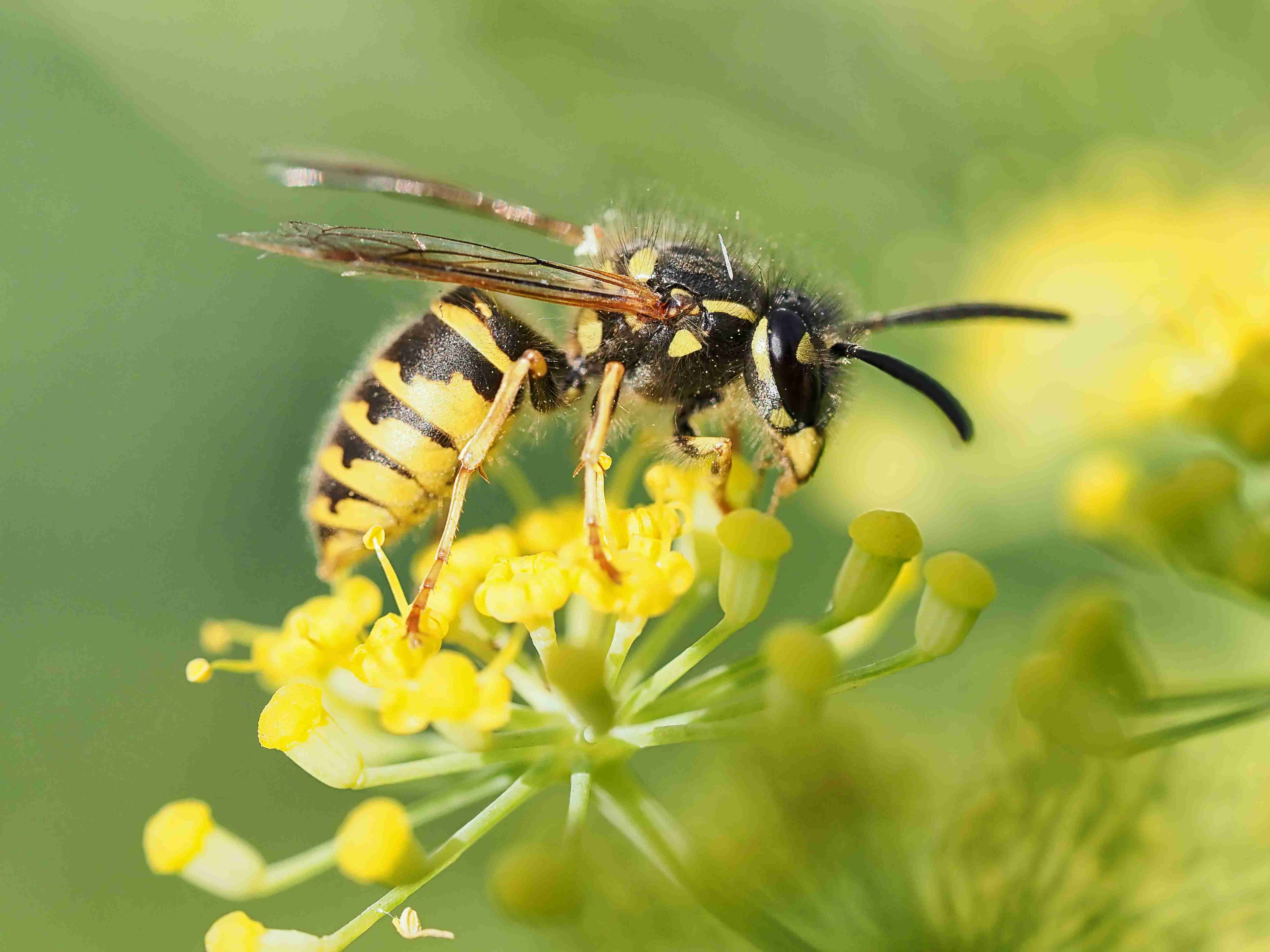

Pest Control Solutions
What Scent Do Yellow Jackets Hate
Modified: March 2, 2024
Discover effective pest control solutions to repel yellow jackets and keep your home free from these unwanted pests. Learn what scents yellow jackets hate and how to use them to your advantage. Protect your family and property with proven pest control methods.
(Many of the links in this article redirect to a specific reviewed product. Your purchase of these products through affiliate links helps to generate commission for Storables.com, at no extra cost. Learn more)
Introduction
Yellow jackets are notorious for their aggressive behavior and painful stings, making them a common nuisance for many homeowners. These buzzing insects can quickly turn a peaceful outdoor gathering into a chaotic scene of swatting and dodging. However, there are effective ways to keep these unwelcome guests at bay, and one of the most intriguing methods involves harnessing the power of scent.
In this comprehensive guide, we will delve into the fascinating world of yellow jackets and explore the science behind their aversion to certain scents. By understanding the olfactory preferences of these insects, we can uncover natural solutions to repel them without resorting to harsh chemicals or costly extermination services.
Join us on a journey through the intricate workings of yellow jacket behavior and the aromatic arsenal that nature provides to deter them. From the science of scent to practical tips for creating a yellow jacket-free environment, this exploration will equip you with the knowledge and tools to reclaim your outdoor spaces and enjoy a pest-free lifestyle.
So, let's embark on this aromatic adventure and discover the scents that yellow jackets hate, empowering you to defend your home and garden against these persistent pests.
Key Takeaways:
- Yellow jackets hate scents like peppermint, citrus, cinnamon, eucalyptus, and tea tree. Using these natural aromas can help keep them away from outdoor spaces, making gatherings more enjoyable and safe.
- By planting mint, using essential oils, placing citrus peels, and creating cinnamon and vinegar sprays, you can repel yellow jackets naturally. These methods offer effective pest control while being eco-friendly.
Read more: What Do Yellow Jackets Eat
Understanding Yellow Jackets
Yellow jackets, scientifically known as Vespula spp., are a species of predatory wasps that are widely recognized for their distinctive yellow and black markings. These social insects are highly adaptable and can thrive in various environments, from forests and meadows to urban areas. With their characteristic buzzing flight and aggressive nature, yellow jackets often evoke fear and anxiety among humans, especially during the warmer months when they are most active.
These insects play a crucial role in the ecosystem as efficient predators of other insects, including caterpillars and flies. However, their scavenging behavior and attraction to human food sources frequently bring them into conflict with people. Unlike honeybees, which are beneficial pollinators, yellow jackets are primarily focused on foraging for protein-rich foods to sustain their colonies.
Yellow jackets live in large, complex colonies that consist of three main castes: queens, workers, and males. The queen, responsible for reproduction and colony establishment, emerges from hibernation in the spring to initiate a new nest. As the colony grows, the queen's primary role shifts to egg-laying, while the workers take on the tasks of foraging, nest construction, and defense. Males, produced in late summer, serve the sole purpose of mating with new queens before perishing.
Nest construction is a remarkable feat of yellow jacket engineering. These industrious insects build intricate paper nests, often located underground, in hollow trees, or beneath eaves and overhangs. The nests can house thousands of individuals, and their proximity to human activity can lead to confrontations and stinging incidents.
Yellow jackets are known for their aggressive defense of their nests, and their stings can cause intense pain and allergic reactions in some individuals. When threatened, these insects release alarm pheromones that signal other colony members to attack, making encounters with yellow jackets particularly daunting.
Understanding the behavior and biology of yellow jackets is essential for developing effective strategies to manage and repel them. By gaining insight into their habits, nesting preferences, and foraging patterns, we can implement targeted approaches to minimize interactions and mitigate the risk of stings. Moreover, this knowledge forms the foundation for exploring natural repellents that exploit the olfactory sensitivities of yellow jackets, offering a non-toxic and sustainable means of pest control.
The Science of Scent
The olfactory system of yellow jackets plays a pivotal role in their foraging behavior, communication, and overall survival. These insects rely on their acute sense of smell to locate food sources, recognize nestmates, and detect potential threats in their environment. By understanding the science of scent and the olfactory preferences of yellow jackets, we can uncover valuable insights into their sensory perception and use this knowledge to develop effective repellent strategies.
Yellow jackets possess specialized olfactory receptors that enable them to detect a wide range of chemical compounds present in their surroundings. These receptors are finely tuned to respond to specific odors, allowing the insects to discriminate between different scents and interpret them as signals for various behaviors. For example, the presence of certain volatile compounds associated with food sources triggers the foraging instincts of yellow jackets, leading them to investigate and exploit potential sources of nourishment.
In addition to foraging, scent communication plays a crucial role in the social organization of yellow jacket colonies. Pheromones, chemical signals released by individuals, convey information about alarm, mating readiness, and colony cohesion. The intricate chemical language of pheromones allows yellow jackets to coordinate their activities, defend their nests, and regulate the reproductive dynamics within the colony.
The olfactory preferences of yellow jackets are not static but can be influenced by environmental factors, genetic predispositions, and previous experiences. This dynamic interplay between sensory perception and behavioral responses shapes the foraging patterns and habitat selection of these insects. By deciphering the specific scents that repel or deter yellow jackets, we can leverage their olfactory sensitivities to create barriers and deterrents that discourage their presence in our living spaces.
Harnessing the science of scent to repel yellow jackets involves identifying natural compounds and aromas that disrupt their foraging and communication processes. By strategically deploying scents that are aversive or confusing to yellow jackets, we can create an environment that discourages their presence without resorting to harmful chemicals or aggressive interventions. This approach aligns with the principles of sustainable pest management and offers a non-toxic alternative for mitigating the impact of yellow jackets on human activities.
Understanding the intricate interplay between scent perception and behavior in yellow jackets provides a foundation for exploring natural repellents that exploit their olfactory sensitivities. By leveraging the science of scent, we can develop innovative solutions to repel yellow jackets and create harmonious coexistence with these fascinating yet challenging insects.
Scents Yellow Jackets Hate
Yellow jackets possess a highly developed sense of smell, which they rely on for foraging, communication, and survival. By understanding the scents that repel these insects, we can effectively deter them from our living spaces. Certain natural aromas are known to evoke aversive or disruptive responses in yellow jackets, serving as potent repellents to discourage their presence. Here are some scents that yellow jackets hate:
Peppermint
The strong, minty aroma of peppermint is a powerful deterrent for yellow jackets. This scent overwhelms their olfactory receptors, causing confusion and discomfort, ultimately driving them away from the source. By strategically diffusing peppermint oil or planting peppermint around outdoor gathering areas, homeowners can create a natural barrier against yellow jackets.
Read more: What Temp Do Yellow Jackets Die
Citrus
The vibrant and zesty fragrances of citrus, such as lemon, lime, and orange, are highly displeasing to yellow jackets. These scents disrupt their foraging instincts and interfere with their ability to locate food sources. Using citrus-based repellents or placing citrus peels in outdoor spaces can help repel yellow jackets effectively.
Cinnamon
The warm and spicy aroma of cinnamon is another scent that yellow jackets find intolerable. By incorporating cinnamon essential oil or powdered cinnamon in outdoor sprays or deterrent sachets, individuals can create an environment that yellow jackets find inhospitable, reducing the likelihood of unwelcome encounters.
Eucalyptus
The refreshing and camphoraceous scent of eucalyptus is known to repel yellow jackets due to its potent aromatic compounds. By utilizing eucalyptus oil in diffusers or creating eucalyptus-based barriers, homeowners can deter these insects from frequenting outdoor areas, promoting a more peaceful and enjoyable environment.
Tea Tree
The medicinal and pungent aroma of tea tree oil is highly aversive to yellow jackets, making it an effective natural repellent. By incorporating diluted tea tree oil in outdoor sprays or applying it to potential entry points, individuals can discourage yellow jackets from establishing a presence in their surroundings.
By leveraging the repellent properties of these scents, individuals can create a natural and aromatic shield against yellow jackets, promoting a safer and more enjoyable outdoor experience. These natural solutions not only offer effective pest control but also contribute to sustainable and eco-friendly practices, aligning with the principles of harmonious coexistence with the natural world.
Read more: Why Do Yellow Jackets Sting
Natural Ways to Repel Yellow Jackets
When it comes to repelling yellow jackets, natural solutions offer effective and environmentally friendly alternatives to chemical-based interventions. By harnessing the power of scent and leveraging the innate aversions of these insects, individuals can create a pest-free environment while promoting sustainable pest management practices. Here are several natural methods to repel yellow jackets:
Plant-Based Barriers
Strategically incorporating aromatic plants known for their repellent properties can help deter yellow jackets from frequenting outdoor spaces. Peppermint, spearmint, citronella, and eucalyptus are examples of plants with scents that are highly displeasing to yellow jackets. By cultivating these plants in garden beds, pots, or hanging baskets near gathering areas, individuals can create natural barriers that discourage the presence of these insects.
Essential Oil Repellents
Harnessing the concentrated aromatic compounds of essential oils provides an effective means of repelling yellow jackets. Peppermint, citrus, cinnamon, eucalyptus, and tea tree oils are known for their repellent properties. Diluting these essential oils in water and using them in spray bottles to mist outdoor seating areas, picnic spots, and entry points can create a fragrant shield against yellow jackets.
Citrus Peel Deterrents
The peels of citrus fruits, such as lemons, limes, and oranges, contain potent aromatic compounds that repel yellow jackets. Placing citrus peels in outdoor spaces, particularly near food and beverage areas, can deter these insects from approaching. Additionally, individuals can create homemade citrus peel sachets to hang in key locations, leveraging the natural repellent properties of citrus aromas.
Read more: What Is Yellow Jackets About
Cinnamon-Based Sprays
The warm and spicy scent of cinnamon is highly aversive to yellow jackets. Creating homemade cinnamon-based sprays by infusing water with cinnamon essential oil or powdered cinnamon provides an effective means of repelling these insects. Spraying outdoor furniture, picnic tables, and other potential landing surfaces with cinnamon-based solutions can deter yellow jackets from settling in these areas.
Vinegar Solutions
The pungent odor of vinegar serves as a natural deterrent for yellow jackets. Mixing equal parts of water and white vinegar in spray bottles and applying the solution to outdoor surfaces, such as patio furniture and eaves, can discourage these insects from lingering in these areas. Vinegar solutions offer a non-toxic and eco-friendly approach to repelling yellow jackets.
By embracing these natural methods to repel yellow jackets, individuals can create a harmonious outdoor environment while minimizing the reliance on chemical pesticides and aggressive interventions. These natural solutions not only offer effective pest control but also contribute to sustainable and eco-friendly practices, promoting a balanced coexistence with the natural world.
Conclusion
In conclusion, the quest to repel yellow jackets through the strategic use of scent has unveiled a fascinating realm of natural solutions and aromatic defenses. By delving into the olfactory sensitivities of these insects and exploring the repellent properties of specific scents, we have uncovered a diverse array of methods to create a pest-free environment without compromising ecological balance or resorting to harsh chemicals.
The intricate science of scent and its profound impact on the behavior of yellow jackets have provided valuable insights into the art of repelling these insects. From the overwhelming aroma of peppermint to the zesty allure of citrus and the warm embrace of cinnamon, nature offers an impressive arsenal of olfactory deterrents that can be harnessed to discourage the presence of yellow jackets in our living spaces.
Moreover, the natural methods discussed, including plant-based barriers, essential oil repellents, citrus peel deterrents, cinnamon-based sprays, and vinegar solutions, exemplify the power of sustainable pest management. By integrating these natural approaches into our outdoor routines, we can foster a harmonious coexistence with yellow jackets while safeguarding the well-being of our families and the environment.
The journey through the scents that yellow jackets hate has not only empowered us with practical knowledge but has also instilled a deeper appreciation for the interconnectedness of the natural world. By embracing natural repellents and eco-friendly practices, we can cultivate outdoor environments that are inviting, vibrant, and free from the disruptions caused by these persistent pests.
As we navigate the seasons and savor the joys of outdoor gatherings, let us draw inspiration from the aromatic defenses that nature provides. By infusing our living spaces with the scents that repel yellow jackets, we can create havens of tranquility and enjoyment, where the vibrant tapestry of nature harmonizes with the rhythms of human activity.
In essence, the scents that yellow jackets hate serve as beacons of natural resilience and ingenuity, guiding us toward sustainable solutions that honor the delicate balance of the ecosystem. Through our collective efforts to embrace natural repellents and foster coexistence with the natural world, we can embark on a journey of harmonious living, where the power of scent becomes a testament to our commitment to sustainable pest management and environmental stewardship.
Frequently Asked Questions about What Scent Do Yellow Jackets Hate
Was this page helpful?
At Storables.com, we guarantee accurate and reliable information. Our content, validated by Expert Board Contributors, is crafted following stringent Editorial Policies. We're committed to providing you with well-researched, expert-backed insights for all your informational needs.
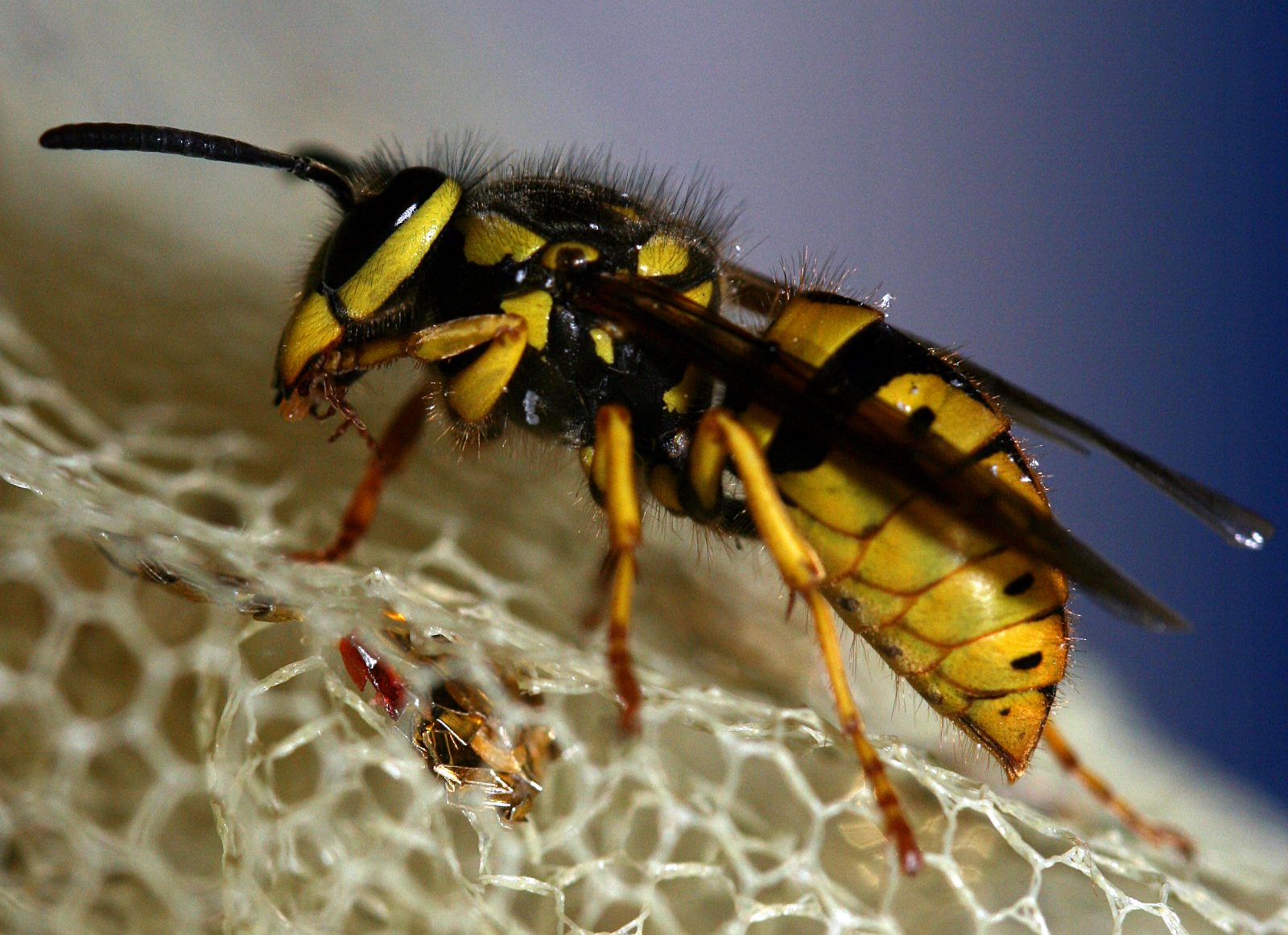
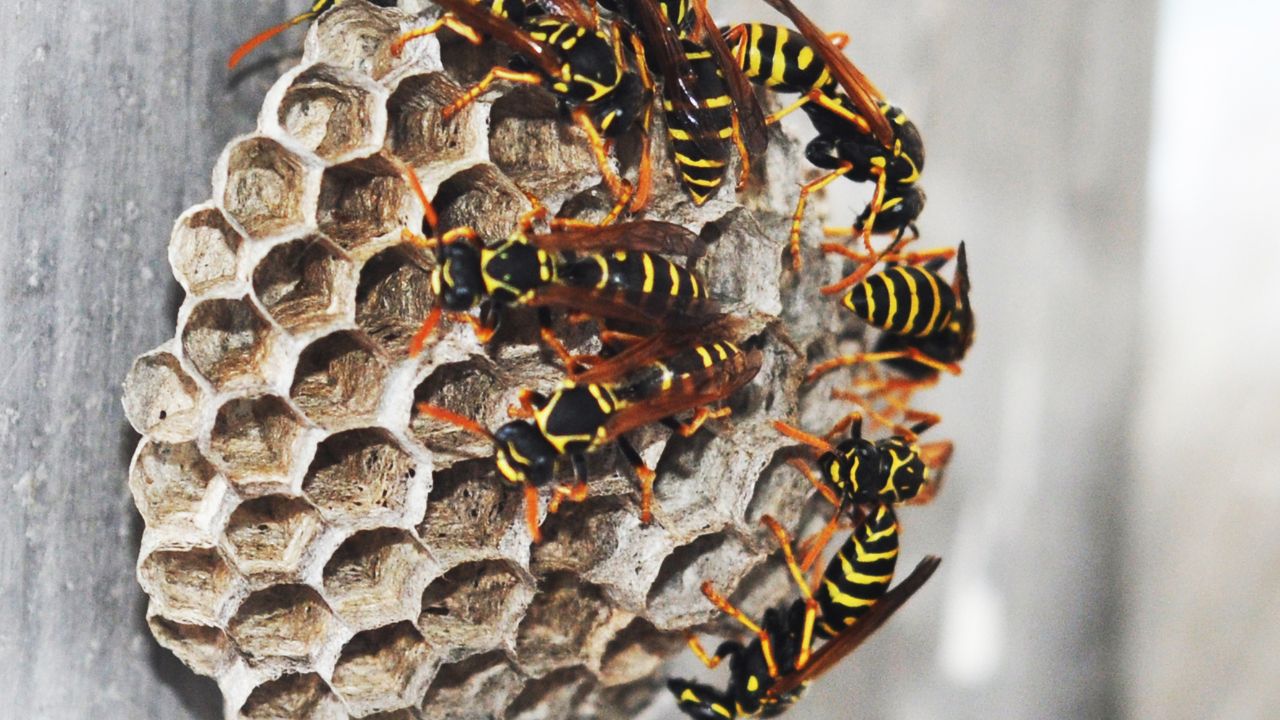
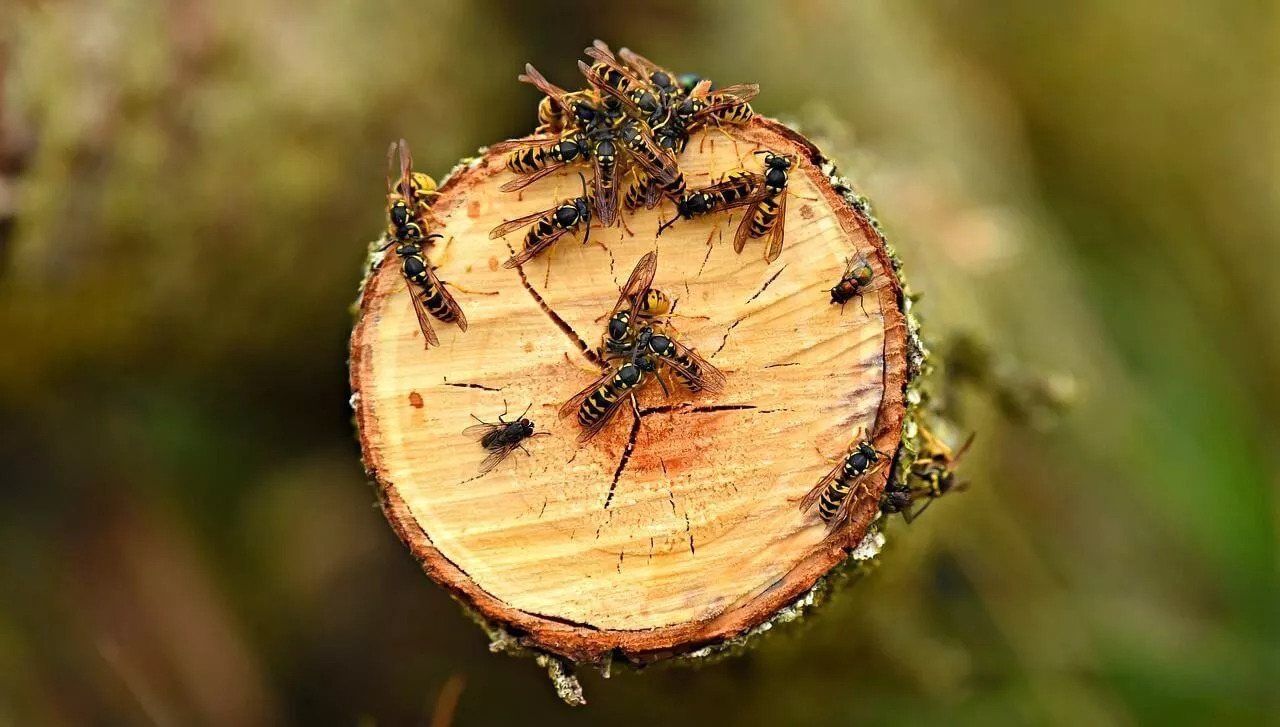
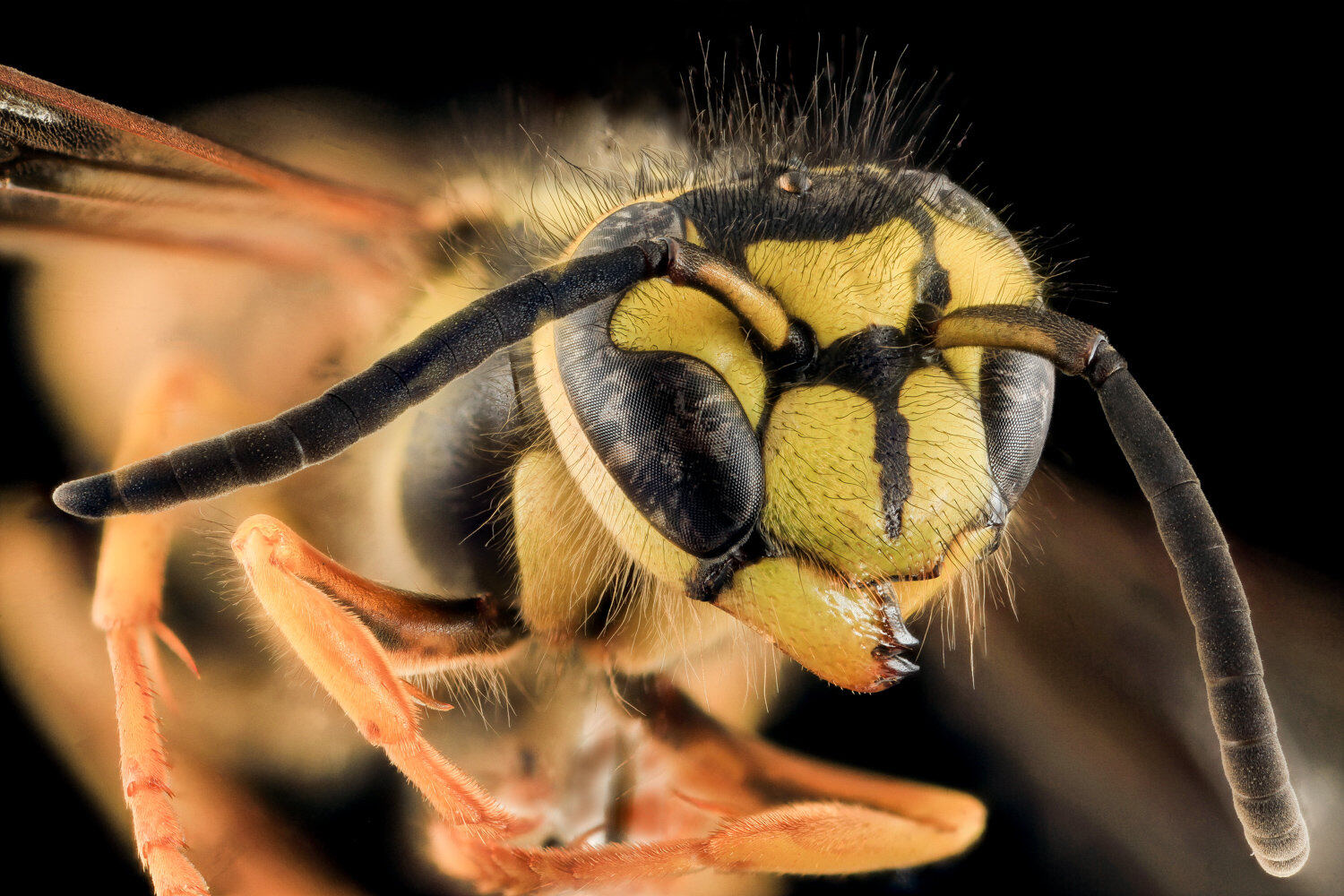
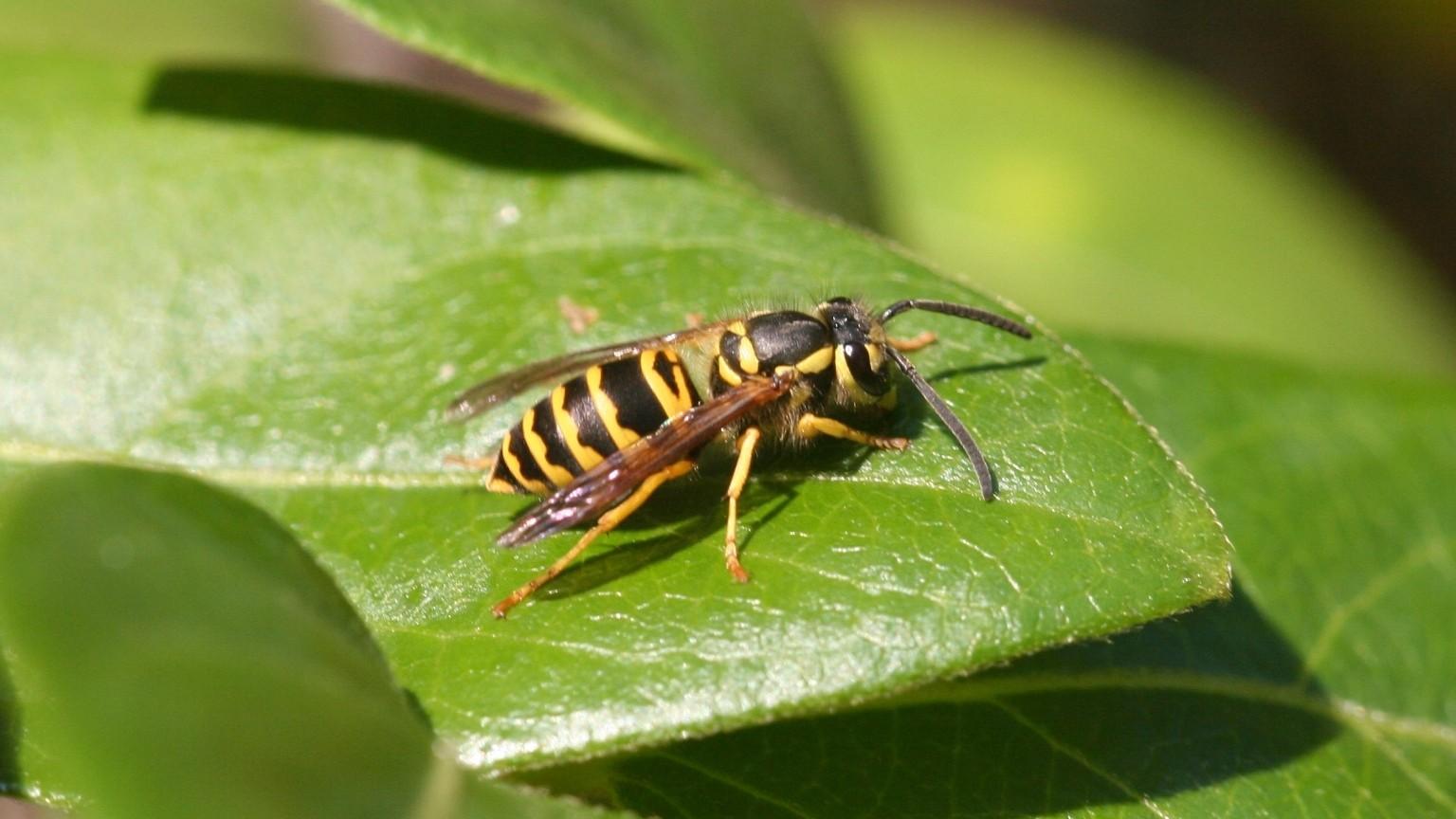
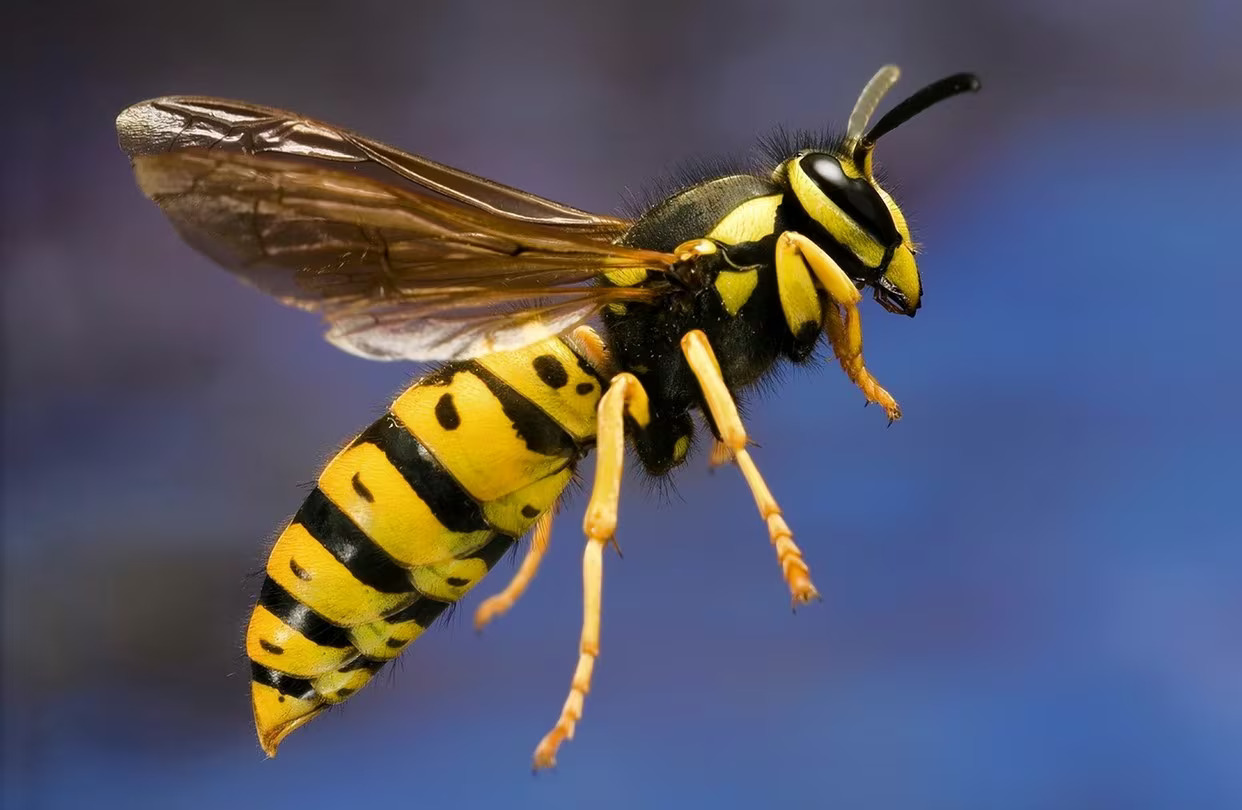
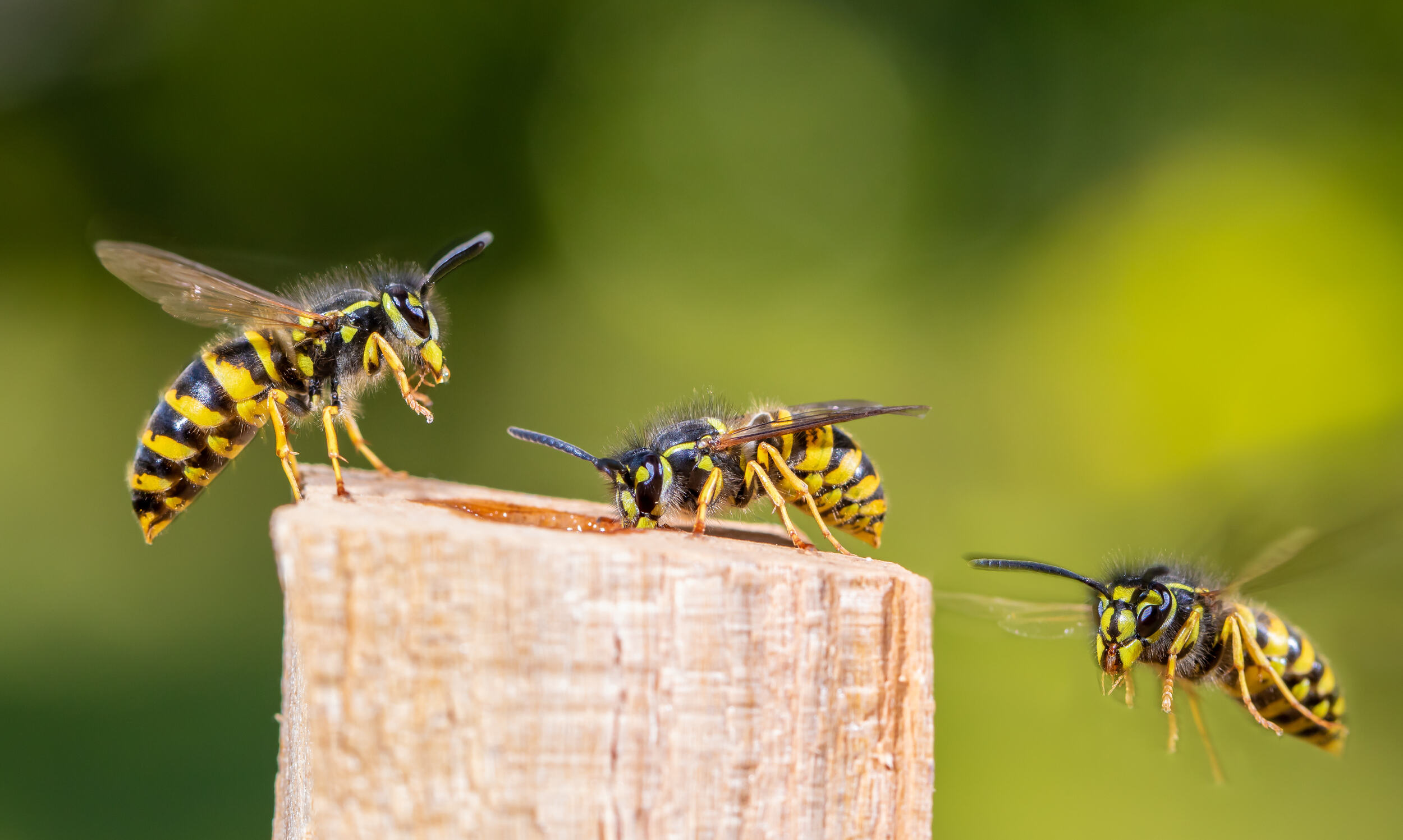
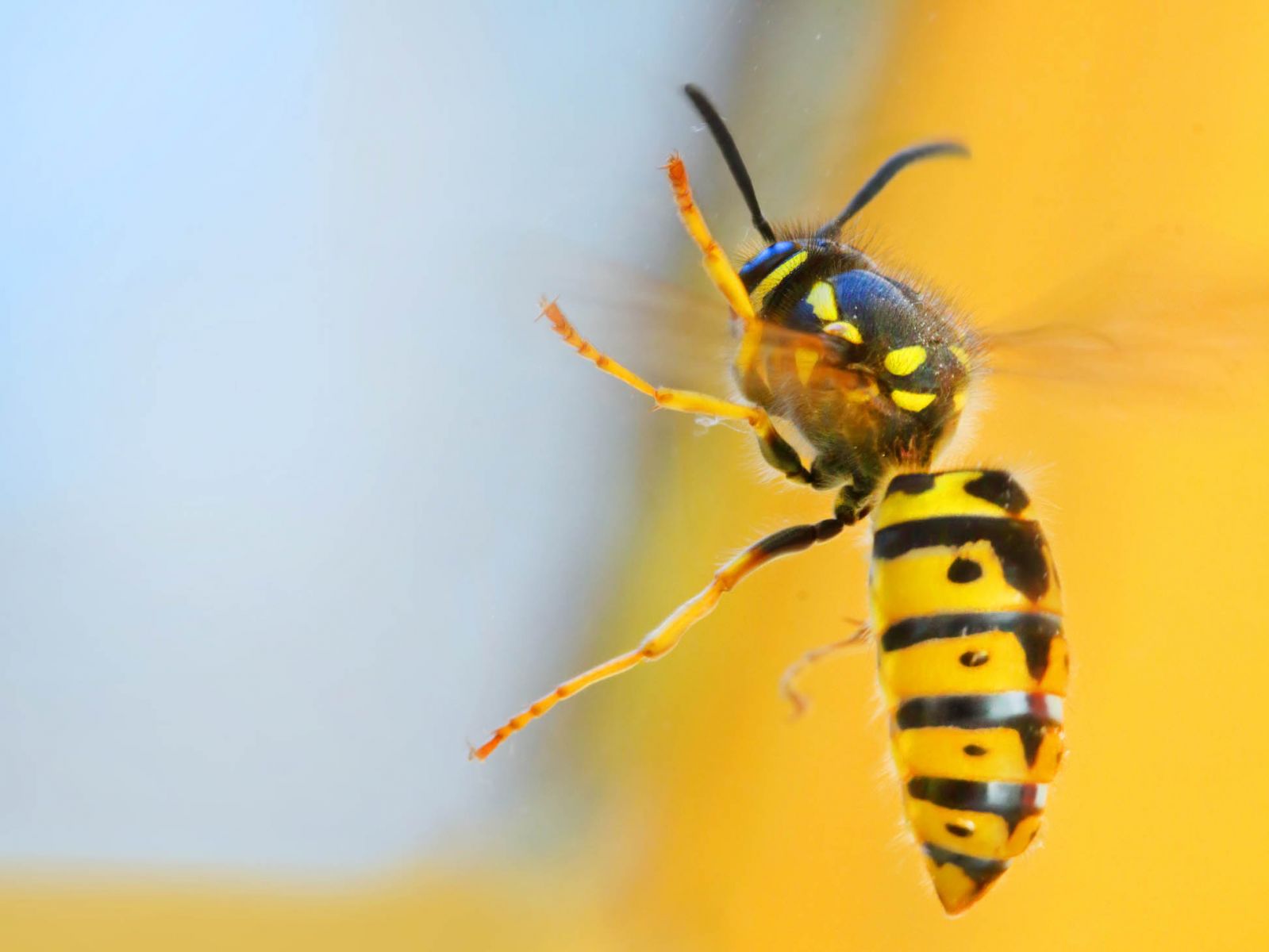
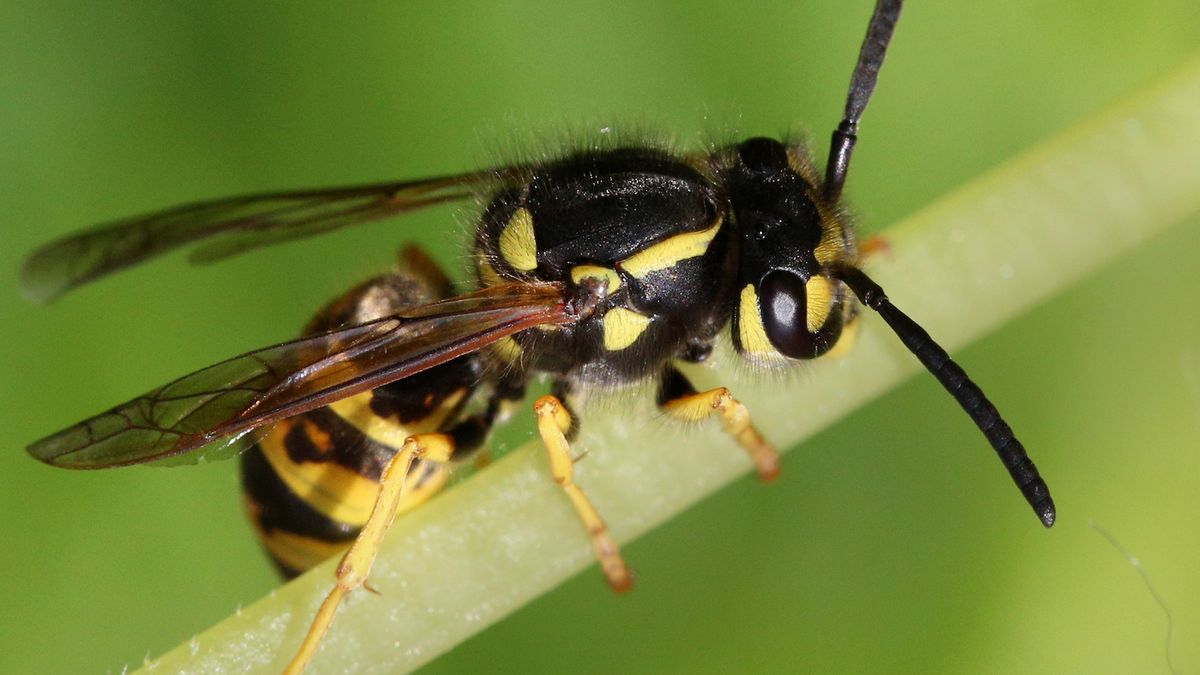
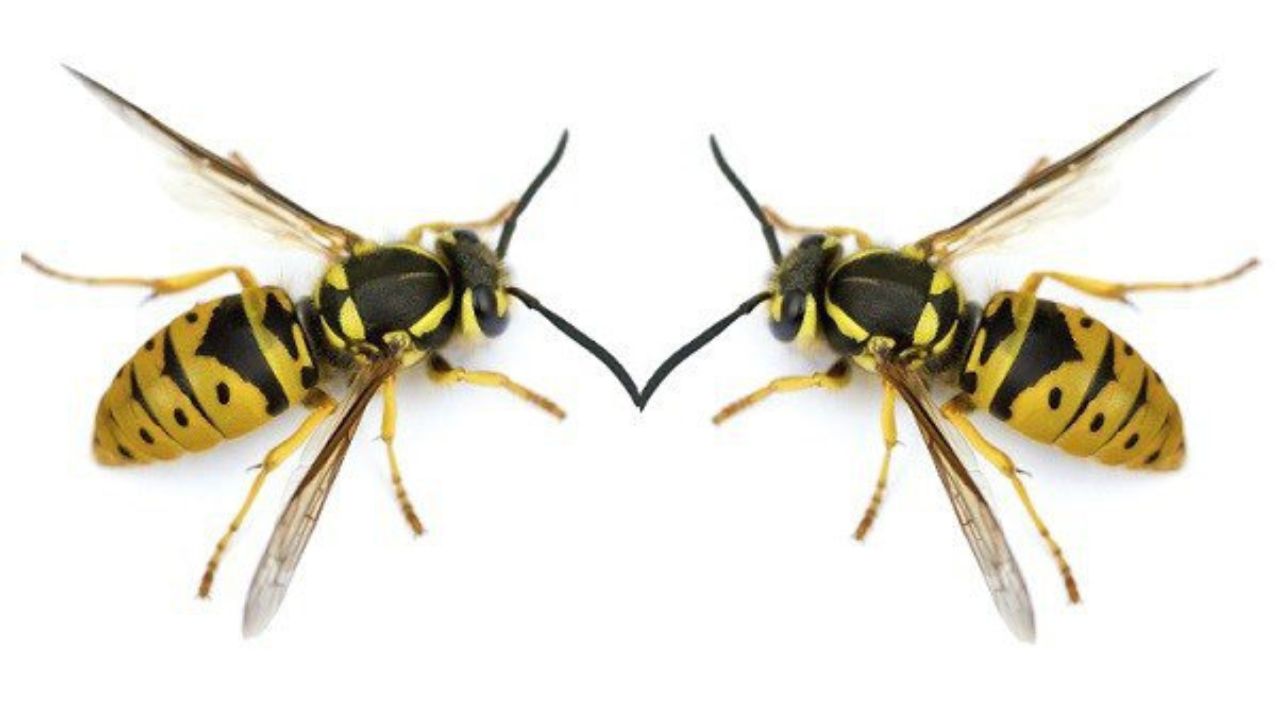
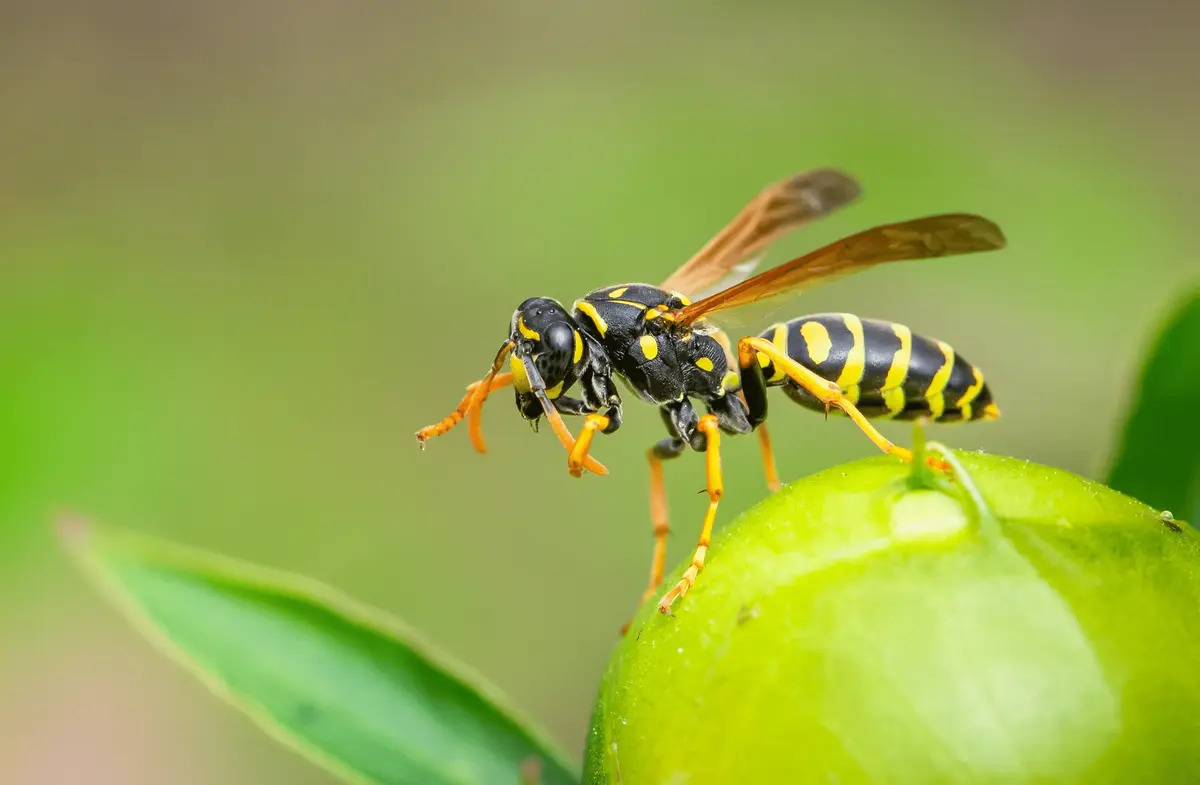
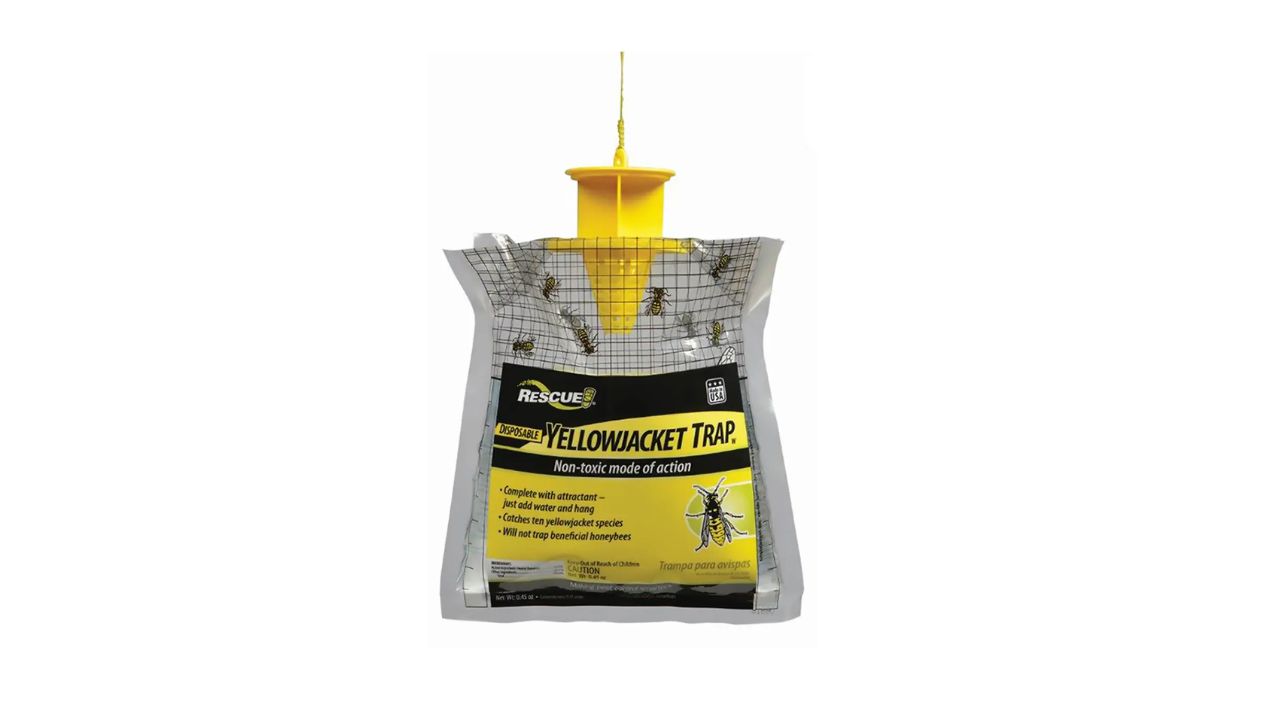

0 thoughts on “What Scent Do Yellow Jackets Hate”